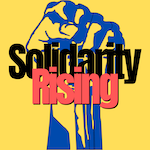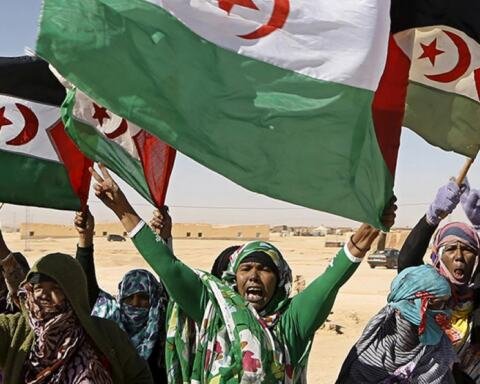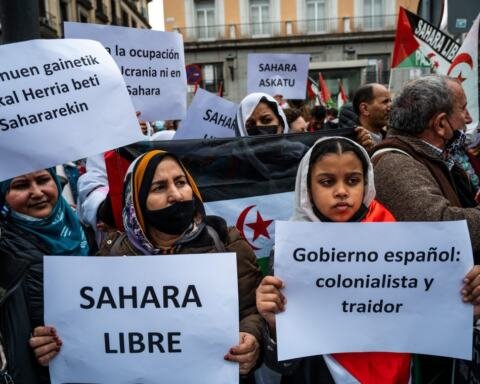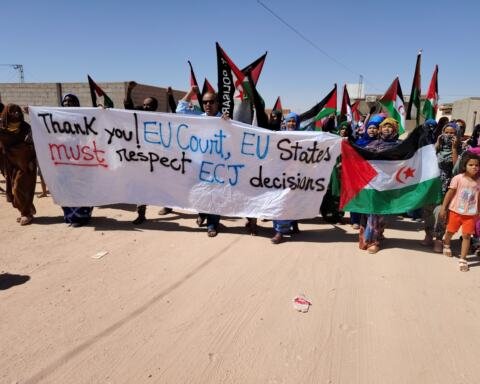The Non-Interventionary Norm Prevails: an Analysis of the Western Sahara
The paper argues that the international norm of non-intervention, though challenged by recent humanitarian and security interventions, still dominates in many nationalist disputes, including the Western Sahara. When major powers avoid decisive involvement and instead maintain balanced relations with both sides, conflicts can be prolonged rather than resolved.
The Western Sahara conflict began after Spain’s 1976 withdrawal, when Morocco and Mauritania sought to annex the territory, opposed by the Polisario Front backed by Algeria. Morocco eventually controlled most of the area, building defensive berms that created a military stalemate. A UN-brokered ceasefire has held since 1991, but the promised referendum on self-determination remains delayed.
Major powers—Soviet Union, United States, France, and Spain—followed “ambiguous neutrality,” giving economic or military aid to both Morocco and Algeria/Polisario while avoiding direct intervention. Other regional actors like Saudi Arabia and Libya played shifting roles. Because the conflict poses little threat to wider stability and holds limited strategic value, this policy of non-intervention has sustained the stalemate for decades.
Full article
the-non-interventionary-norm-prevails-an-analysis-of-the-western-saharaSource: JSTOR
Support our work
Support our work
Support our work with a one-off or monthly donation
AuthorKarin Von HippelYear1995Pages15LanguageEnglish
Share via
Related resources
The Western Sahara Dispute: A Cautionary Tale for Peacebuilders
The UN and MINURSO have succeeded neither inconducting a referendum nor in…
Western Sahara as a Hybrid of a Parastate and a State-in-Exile: (Extra)territoriality and the Small Print of Sovereignty in a Context of Frozen Conflict
Within the liminal universe of parastates, what makes Western Sahara/SADR…
The Front Polisario Verdict and the Gap Between the EU’s Trade Treatment of Western Sahara and Its Treatment of the Occupied Palestinian Territories
Morocco’s control over Western Sahara and Israel’s control of the West Bank…



